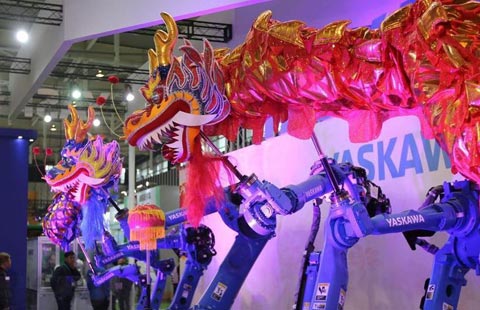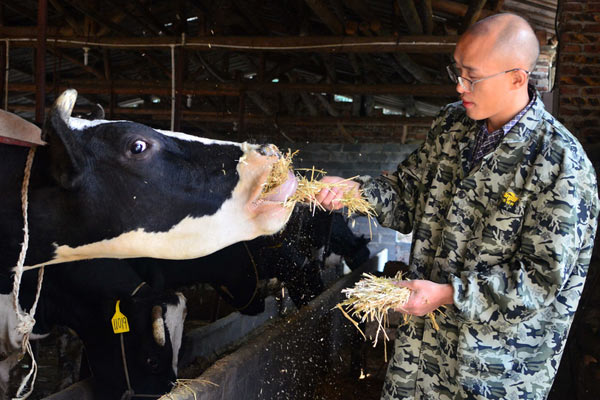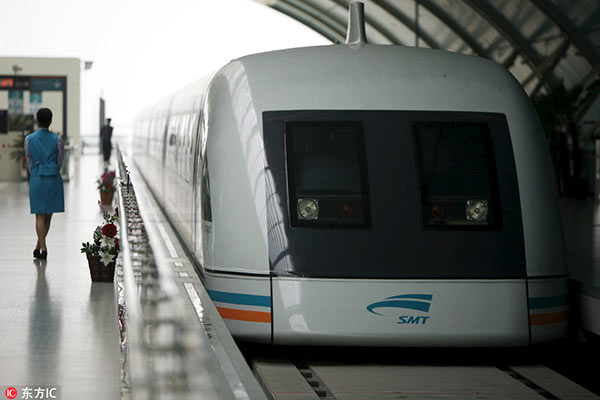CIRC bars Evergrande Life from trading in shares
China's insurance regulator on Friday banned Evergrande Life Insurance Co from trading in stocks.
The move suggests the regulator has intensified scrutiny of insurers' runaway-some have labeled it indiscriminate and imprudent-buying in the equity market.
Evergrande Life is the insurance arm of Evergrande Group, China's biggest property developer.
Friday's trading ban came after the regulator sent two inspection teams to Evergrande Life and Foresea Life Insurance Co, the insurance unit of private conglomerate Baoneng Group, respectively, to investigate their recent activity in the stock market.
The China Insurance Regulatory Commission said in a statement on Friday that it has ordered Evergrande Life to consolidate its investment business.
The CIRC said the insurer does not have a clear asset allocation plan and its trading practice involves "improper use of capital".
Evergrande Life and Foresea Life are at the center of a row over insurance companies pumping big funds into equities at an alarming rate.
Such aggressive stock-market investments raised regulators' hackles. The general fear is that insurers may be making highly leveraged investments using proceeds from sales of risky insurance products.
The two insurers concerned are also involved in a hostile takeover bid for China Vanke Co, a listed property developer. Their ongoing tussle started nearly a year ago.
IPO rules revised
Separately on Friday, China's securities regulator revised a regulation to streamline the approval process and reduce the administrative cost of initial public offerings.
The new rules stipulate that IPO aspirants can proceed with their share sale application if the company's sponsors are being investigated for possible illegal activities or rule violations in unrelated cases.
Such sponsors are required to issue a new and comprehensive assessment report to justify the continuity of their IPO applications.
Applicants who change their under-scrutiny IPO sponsors can also proceed with their IPO application, without having to restart from scratch, according to the revised regulation.
"The goal is to reduce the negative impact on IPO applicants when the sponsoring financial institutions are investigated for possible wrongdoings," Zhang Xiaojun, a spokesman of the China Securities Regulatory Commission, said at a news conference in Beijing.
More than 700 applicant companies are waiting for regulator approval for their IPO plans. IPO approvals tend to be time-consuming and the outcome of applications is often uncertain.
This has led to concerns that companies miss market conditions favorable for their share sales due to the current process.

















